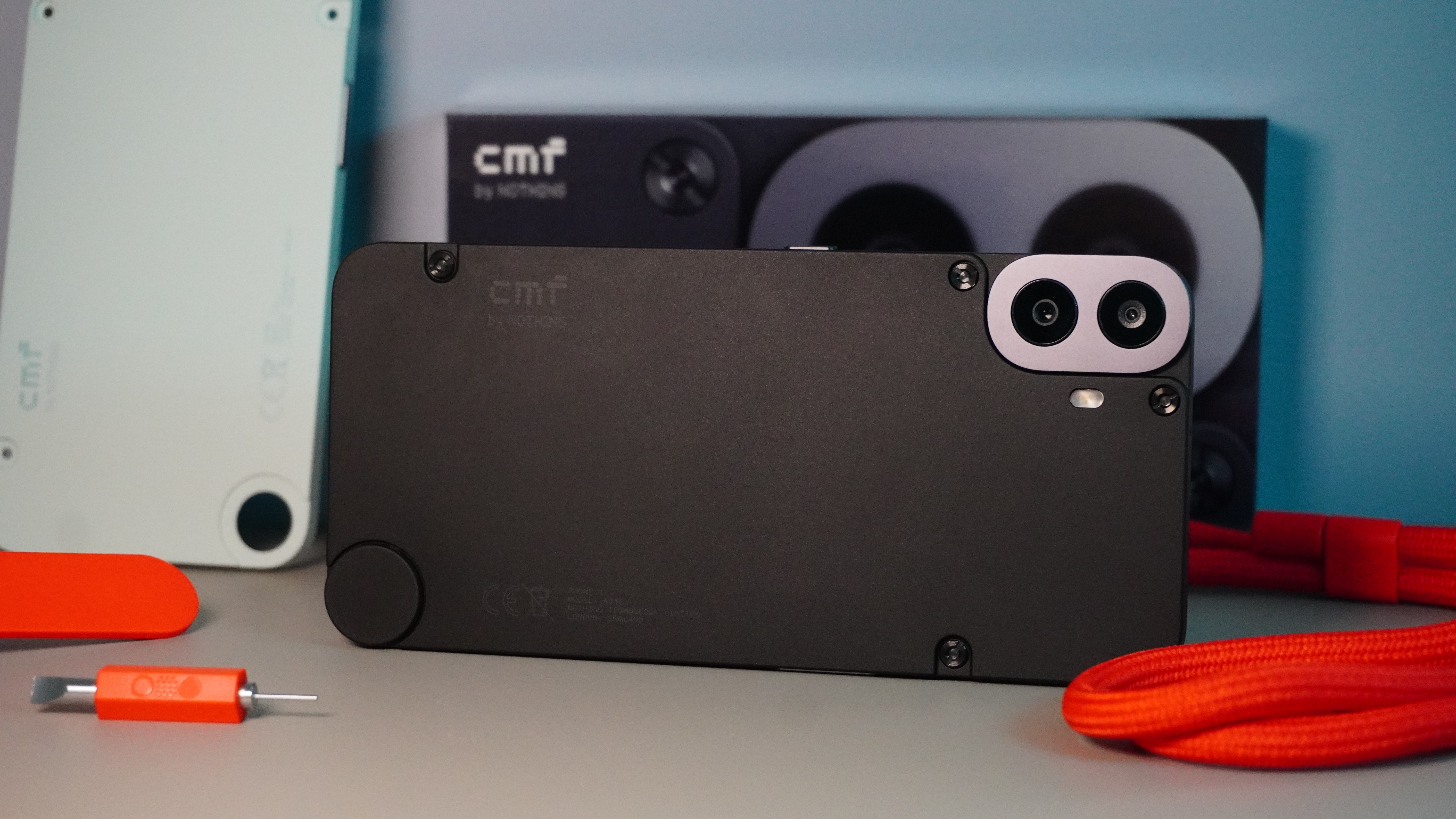

After a few months of testing, Instagram is rolling out its new Grid Pinning feature to all of its users, both on iPhones and Android phones. The rollout has already begun and is available to everyone.
The new feature enables you to pin one to three bits of content to the top of your profile page, so you can pin images, Reels or a mix of both. All you need to do is tap on the three-dot icon above a post and select the Pin To Your Profile option. It's a simple thing but it should make a big different to the views of the images or Reels you want your Instagram followers to look at.
It'd be nice to imagine Instagram is doing this out of the goodness of its heart, but it isn't in my opinion – I think it's trying to stop young people from going elsewhere.

The real reason I think Instagram is pushing Reels
Meta, which owns Instagram, is pushing its Reels quite heavily on both Instagram and Facebook. You can now have Reels that last 90 seconds, and you can also add interactive stickers and import your own audio. The changes also mean you can push your Insta Reels to your Facebook account, and Meta has provided a range of templates to make it easier to create your own video content.
I think it's pretty clear why these changes exist: Meta is spooked by the success of TikTok, which is increasingly popular among the younger social media users that Facebook wants to attract. TikTok is expected to be as popular as YouTube by 2024 and to bring in more advertising revenue than Snapchat and Twitter combined. It managed to hit the billion-user mark in four years (Facebook and Instagram took eight years) and it's picking up 18-to-25-year-olds as fast as Facebook is losing them.
Facebook is apparently so worried that it hired a PR company to try and make everybody hate TikTok, claiming that the social network was a danger to children. So it's safe to assume we'll see some more TikTok-inspired features coming to Instagram in the near future.
Sign up to the T3 newsletter for smarter living straight to your inbox
Get all the latest news, reviews, deals and buying guides on gorgeous tech, home and active products from the T3 experts
Writer, musician and broadcaster Carrie Marshall has been covering technology since 1998 and is particularly interested in how tech can help us live our best lives. Her CV is a who’s who of magazines, newspapers, websites and radio programmes ranging from T3, Techradar and MacFormat to the BBC, Sunday Post and People’s Friend. Carrie has written more than a dozen books, ghost-wrote two more and co-wrote seven more books and a Radio 2 documentary series; her memoir, Carrie Kills A Man, was shortlisted for the British Book Awards. When she’s not scribbling, Carrie is the singer in Glaswegian rock band Unquiet Mind (unquietmindmusic).
-
 Nothing's next phone could be a budget powerhouse, thanks to this confirmed hardware detail
Nothing's next phone could be a budget powerhouse, thanks to this confirmed hardware detailOfficial details reveal more about the next phone coming from Nothing
By Chris Hall
-
 The biggest mistake you’re making when cooking Easter lamb in an air fryer
The biggest mistake you’re making when cooking Easter lamb in an air fryerCooking Easter lunch in your air fryer? Don’t make this mistake…
By Bethan Girdler-Maslen
-
 Instagram could lose one of its most loved features, but it's not all bad news
Instagram could lose one of its most loved features, but it's not all bad newsThere could be a big change coming to Instagram Reels
By Sam Cross
-
 Instagram gets a great free upgrade that photo lovers will enjoy most
Instagram gets a great free upgrade that photo lovers will enjoy mostThis will change your social media game
By Sam Cross
-
 How to play Instagram's hidden Pong game
How to play Instagram's hidden Pong gameInstagram has a new game you can play, entirely in its app
By Max Freeman-Mills
-
 Huge free Instagram upgrade adds a host of new features
Huge free Instagram upgrade adds a host of new featuresMakes messaging more intuitive
By Max Freeman-Mills
-
 Instagram users just got this great free upgrade
Instagram users just got this great free upgradeYou don't need to reach for your phone to get a great Instagram experience any more
By Carrie Marshall
-
 Instagram backpedals on its controversial change, for now
Instagram backpedals on its controversial change, for nowInstagram puts a temporary pause on changes until the PR storm blows over
By Carrie Marshall
-
 Your Facebook and Instagram feeds are about to get even messier
Your Facebook and Instagram feeds are about to get even messierPeople aren't happy about Facebook and Instagram trying to copy TikTok, and it's unlikely to change anytime soon
By Max Slater-Robins
-
 Instagram’s new interface is so bad I’m agreeing with a Kardashian
Instagram’s new interface is so bad I’m agreeing with a KardashianMeta's battle against TikTok runs the risk of ruining one of the best social media apps
By Carrie Marshall